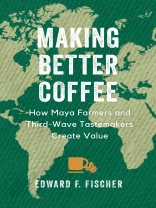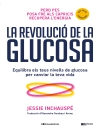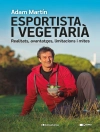An anthropologist uncovers how ‘great coffee’ depends not just on taste, but also on a complex system of values worked out among farmers, roasters, and consumers.
What justifies the steep prices commanded by small-batch, high-end Third Wave coffees?
Making Better Coffee explores this question, looking at highland coffee farmers in Guatemala and their relationship to the trends that dictate what makes ‘great coffee.’ Traders stress material conditions of terroir and botany, but just as important are the social, moral, and political values that farmers, roasters, and consumers attach to the beans.
In the late nineteenth century, Maya farmers were forced to work on the large plantations that colonized their ancestral lands. The international coffee market shifted in the 1990s, creating demand for high-altitude varietals—plants suited to the mountains where the Maya had been displaced. Edward F. Fischer connects the quest for quality among U.S. tastemakers to the lives and desires of Maya producers, showing how profits are made by artfully combining coffee’s material and symbolic attributes. The result is a complex story of terroir and taste, quality and craft, justice and necessity, worth and value.
Tabella dei contenuti
Contents
Introduction
1. Creating Third Wave Values
2. Plant Biology, Capitalist Trade, and the Colonial Histories of Coffea arabica
3. German Oligarchs, First Wave Coffee, and Guatemala’s Enduring Structures of Inequality
4. Austrian Economics and the Quality Turn in Guatemala Coffee
5. Maya Farmers and Second Wave Coffee
6. Cooperation, Competition, and Cultural Capital in Third Wave Markets
Conclusion
Acknowledgments
Notes
Bibliography
Image Credits
Index
Circa l’autore
Edward F. Fischer is Professor of Anthropology at Vanderbilt University, where he also directs the Institute for Coffee Studies. He has authored and edited several books, most recently The Good Life: Aspiration, Dignity, and the Anthropology of Wellbeing.












